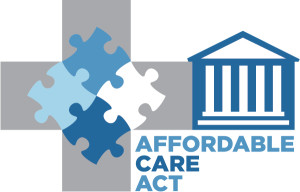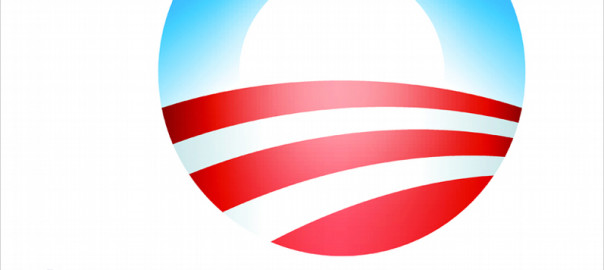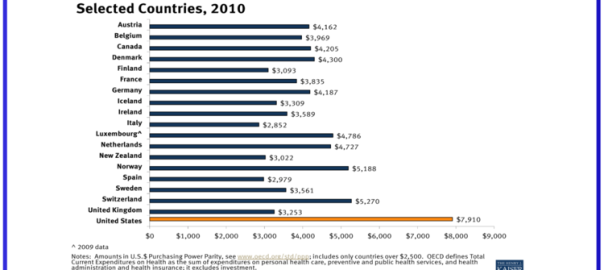If you are looking into an over 65 insurance policy, the rules change dramatically. With the implementation of Medicare, there are a few options to consider when focusing on your health coverage. While you may think that Medicare has you covered, you may want to think about acquiring some additional insurance to help supplement your plan.
There are a few situations in which Medicare does not protect you from potentially large medical expenses:
Medicare does not cover co-payments, deductibles, or any health care that you receive if traveling outside of the United States.
If you find yourself needing a supplement to Medicare, Medigap insurance policies can help finance additional health expenses.
In order to apply for Medigap or any supplemental insurance to Medicare, it is important that you are a part of both Medicare Parts A and B. If you and your spouse would both like to add Medigap coverage, it is possible that you need to apply separately as most plans only apply to one individual.
If you are an immigrant without American citizenship, Medicare may not cover you.
In order to take advantage of the nation-wide insurance program, you need to retain permanent residence in the country for at least five years. While this may allow for some individuals with green card status to apply for Medicare, this leaves many people uncovered by the government program.
Fortunately, as of January 1, 2014, new healthcare laws have come into effect that prevent insurers from turning away individuals based on age or pre-existing conditions. This is great news for people seeking over 65 insurance policies, as they will be able to purchase health insurance from any provider without any questions asked. This new law also prevents insurance companies from charging an exorbitant amount for its older subscribers, which makes coverage within reach for many more deserving individuals.
Acquiring an over 65 insurance policy from a private company may be the best way for you to save money on your health expenses. Whether you are supplementing Medicare or getting an entirely new plan, start by comparing the benefits of several insurance providers to get the best policy that meets your healthcare goals.
If you are reading this on any other blog than JT Insurance Services or via my RSS Feed, it is stolen content without credit.
You can find me on Twitter via @Obamacare_Guru
Come and visit our blog at http://healthplansforyou.com/blog/
 While the enrollment period for the Affordable Care Act ended on March 31, 2014, there is still time to ensure Obamacare coverage if you are currently covered through COBRA- the Consolidated Omnibus Budget Reconciliation Act. The enrollment deadline for people covered by COBRA is July 1, as Health and Human services deemed options for enrollment were previously unclear. This may provide big benefits to some businesses in potential insurance savings.
While the enrollment period for the Affordable Care Act ended on March 31, 2014, there is still time to ensure Obamacare coverage if you are currently covered through COBRA- the Consolidated Omnibus Budget Reconciliation Act. The enrollment deadline for people covered by COBRA is July 1, as Health and Human services deemed options for enrollment were previously unclear. This may provide big benefits to some businesses in potential insurance savings.
 With
With  The global insurance market has seen rate increases in many high volume markets, including
The global insurance market has seen rate increases in many high volume markets, including 





